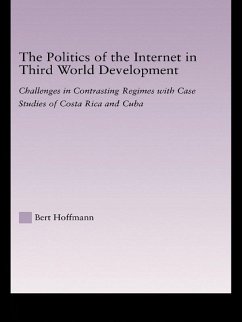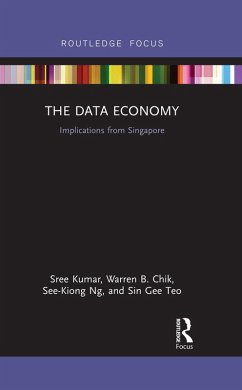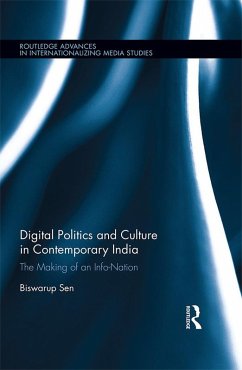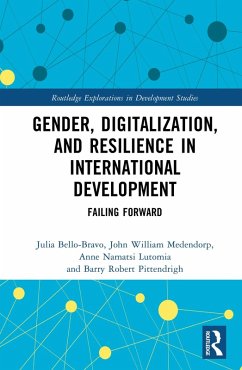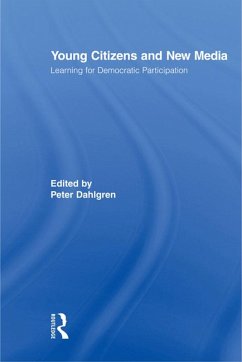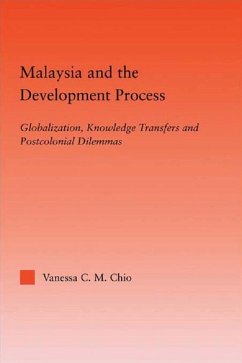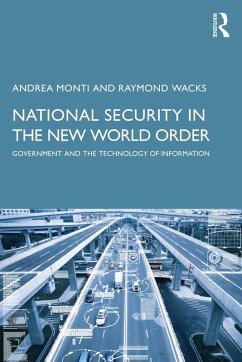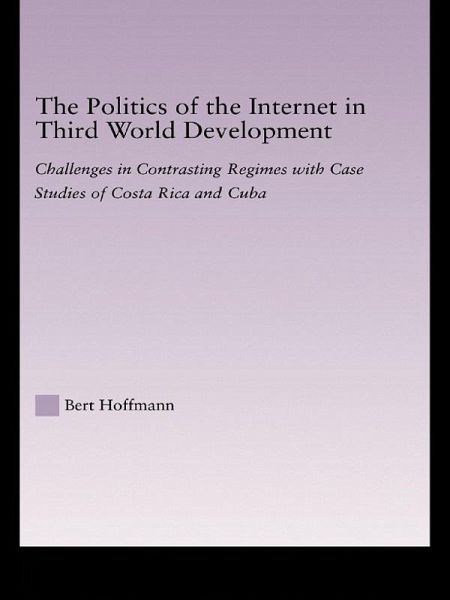
The Politics of the Internet in Third World Development (eBook, PDF)
Challenges in Contrasting Regimes with Case Studies of Costa Rica and Cuba

PAYBACK Punkte
11 °P sammeln!
This book examines the political and developmental implications of the new information and communication technologies (NICT) in the Third World. Whereas the concept of the "digital divide" tends to focus on technological and quantitative indicators, this work stresses the crucial role played by the political regime type, the pursued development model and the specific configuration of actors and decision-making dynamics. Two starkly contrasting Third World countries, state-socialist Cuba and the Latin America's "show-case democracy" Costa Rica, were chosen for two in-depth empirical country stu...
This book examines the political and developmental implications of the new information and communication technologies (NICT) in the Third World. Whereas the concept of the "digital divide" tends to focus on technological and quantitative indicators, this work stresses the crucial role played by the political regime type, the pursued development model and the specific configuration of actors and decision-making dynamics. Two starkly contrasting Third World countries, state-socialist Cuba and the Latin America's "show-case democracy" Costa Rica, were chosen for two in-depth empirical country studies.
Dieser Download kann aus rechtlichen Gründen nur mit Rechnungsadresse in A, B, BG, CY, CZ, D, DK, EW, E, FIN, F, GR, HR, H, IRL, I, LT, L, LR, M, NL, PL, P, R, S, SLO, SK ausgeliefert werden.




